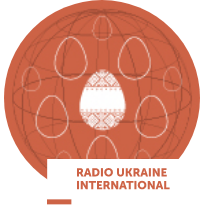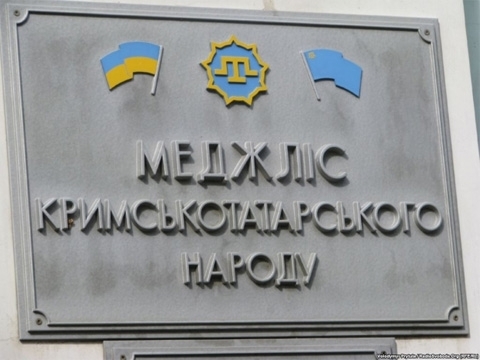The April 13 order by prosecutor Natalya Poklonskaya means that the Tatar council, called the Mejlis, is prohibited from holding public gatherings, using bank accounts, or disseminating information. The suspension is to remain in place until a court in the illegally annexed peninsula rules in a case raised by Poklonskaya aimed at banning the Mejlis outright as an extremist organization. Tatars make up about 15 percent of Crimea’s nearly 2 million people and have broadly opposed Russia’s seizure and annexation of the peninsula from Ukraine in 2014. Since annexation and the installment of a Russian-imposed government, Tatars have complained of official intimidation, the closure of Tatar language classes, and a general atmosphere of mistrust aimed at Tatar residents. Amnesty International said the decision to suspend the Mejlis signals a new wave of repression against Crimean Tatars. "Anyone associated with the Mejlis could now face serious charges of extremism as a result of this ban, which is aimed at snuffing out the few remaining voices of dissent in Crimea," said Denis Krivosheyev, Amnesty International's deputy director for Europe and Central Asia. "The decision to suspend the Mejlis of the Crimean Tatar people and ban all its activities under Russia's antiextremism legislation is a repugnant, punitive step denying members of the Crimean Tatar community the right to freedom of association," Krivosheyev added in an April 13 statement.
Останні новини
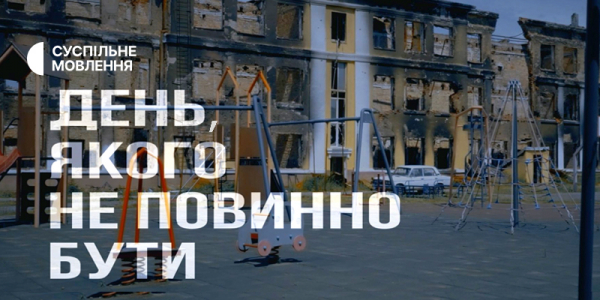
"День, якого не повинно бути" — поезія темних часів на Радіо Промінь

"Без Обмежень" новою піснею закликають берегти військових
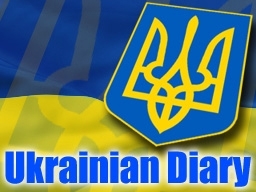
Ukrainian Diary – digest of the most important news over the past week
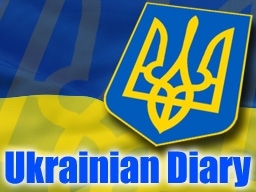
Ukrainian Diary – digest of the most important news over the past week (audio)
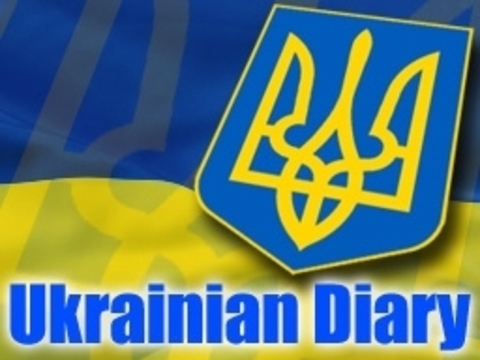
Ukrainian Diary – digest of the most important news over the past week
Related News
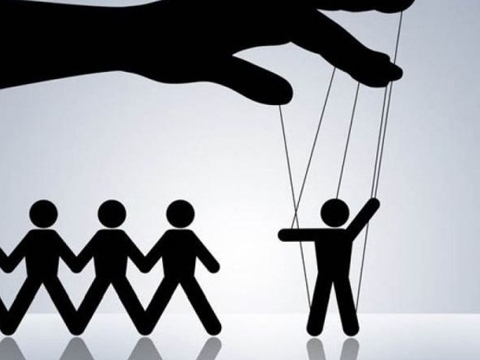
Misinformation campaign seriously weakened Ukraine
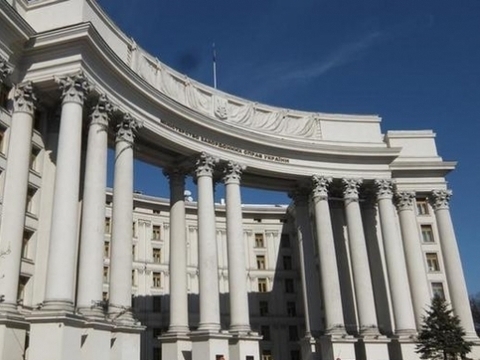
Ukrainian Foreign Ministry demands release of activist
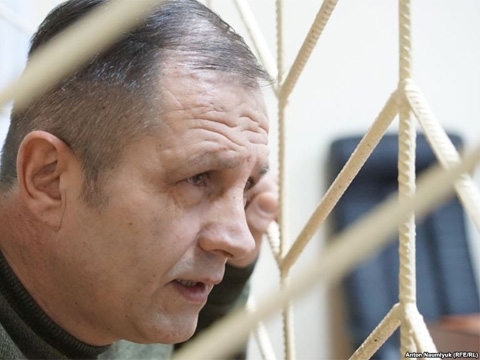
Activist Balukh convicted for 5 years in prison
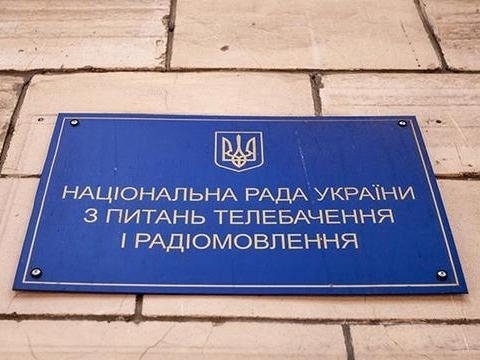
Sanctions to be imposed against Ukrainian performers touring in Russia
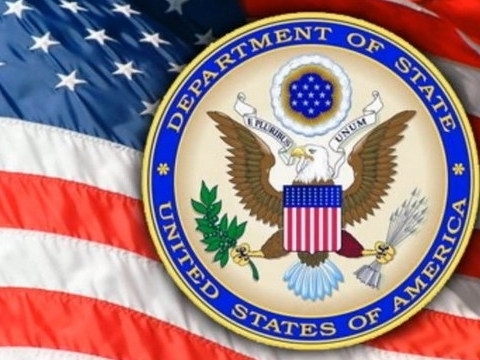
US Department of State posted press statement on Ukraine



